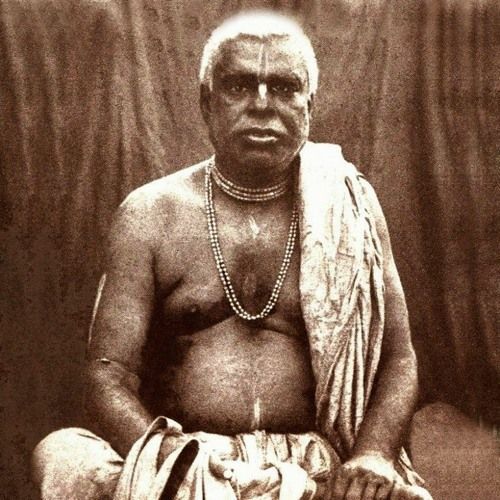
Sriman Mahaprabhura Siksa (The teachings of Śrīman Mahāprabhu) also known as Dasha-mula-tattva (The Ten Roots of Gaudiya Vaishnavism) was written by Bhaktivinoda Ṭhākura in 1892. This work has eleven chapters with the ten principle philosophical points (daśa-mūla) expounded by Śrī Caitanya Mahaprabhu principally citing the Caitanya-caritāmṛta as evidence.
